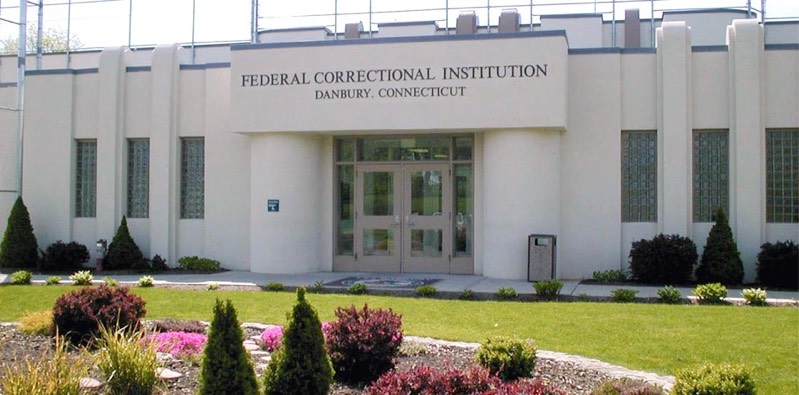 NEWS
NEWS
 NEWS
NEWS
 NEWS
NEWS
Arthur Budovsky, the founder of the now defunct notorious cryptocurrency service Liberty Reserve, has been sentenced to 20 years in jail and fined $500,000 for his involvement in the site.
Budovsky, aged 42, pleaded guilty in January to one charge of conspiring to run a money laundering service.
At its peak Liberty Reserve was a massive online money exchange that used its own virtual currency, known as the Liberty Reserve, or simply “LR”, to provide anonymous payment processing services for online customers.
The service itself didn’t have a public ledger such as Bitcoin, and customers could open an account anonymously, meaning that became a money laundering haven for cyber criminals, and during its time in business processed 78 million transactions with an estimated value of $8 billion.
“Liberty Reserve founder Arthur Budovsky ran a digital currency empire built expressly to facilitate money laundering on a massive scale for criminals around the globe,” Manhattan U.S. Attorney Bharara said in a statement. “Despite all his efforts to evade prosecution, including taking his operations offshore and renouncing his citizenship, Budovsky has now been held to account for his brazen violations of U.S. criminal laws.”
The remaining concern, in this case, is that although Budovsky was an American citizen, Liberty Reserve itself never operated within the United States, but in Costa Rica. As we wrote back in January:
The [Department of Justice] itself specifies that Budovsky ran the business from Costa Rica, where he eventually became a citizen, then he was ultimately arrested in Spain; if indeed Liberty Reserve was operating legally in Costa Rica, is it fair that such as business is then treated under American laws?
The answer still remains no, although it’s sadly become the norm for the United States Government to believe that its laws should apply to those who do not practice business within the country itself, such as with the famous case of United States v. Scheinberg, where the founders of a number of online poker sites were arrested under U.S. law despite operating those sites legally in the Isle of Man.
Can you imagine the outrage if a foreign country arrested the owner of a business legally operating within the United States itself because it broke their laws?
There’s no question that what Liberty Reserve was at least partially involved in was dubious, but it should never be the right of any country, the United States as well, to interfere with, and arrest those who are operating legal business in other countries, full stop.
Support our mission to keep content open and free by engaging with theCUBE community. Join theCUBE’s Alumni Trust Network, where technology leaders connect, share intelligence and create opportunities.
Founded by tech visionaries John Furrier and Dave Vellante, SiliconANGLE Media has built a dynamic ecosystem of industry-leading digital media brands that reach 15+ million elite tech professionals. Our new proprietary theCUBE AI Video Cloud is breaking ground in audience interaction, leveraging theCUBEai.com neural network to help technology companies make data-driven decisions and stay at the forefront of industry conversations.